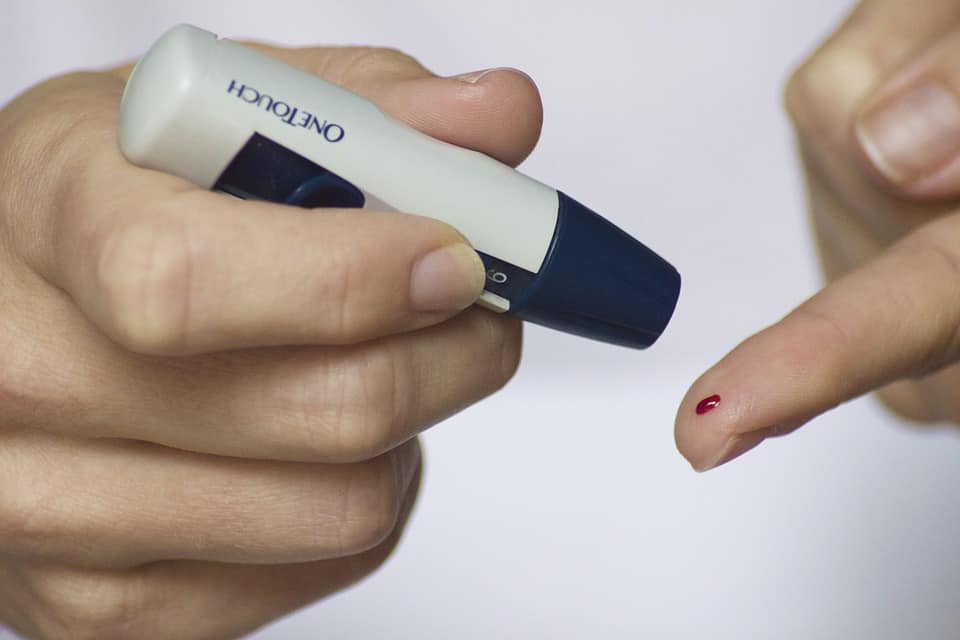
3 in 4 UK diabetes patients suffer from mental health issues, says report
pharmafile | November 14, 2018 | News story | Medical Communications, Research and Development | UK, World Diabetes Day, diabetes, pharma
To mark this year’s World Diabetes Day on 14 November, a new report has shed more light on the psychological impact of type 1 and 2 diabetes, revealing that more than three out of four patients with the conditions are affected by some form of mental health issue.
The new report, commissioned by Dexcom, surveyed 831 UK citizens with diabetes and found that 76% reported experiencing stress, moderate to severe depression or anxiety attacks. 52% of respondents said that the need to regularly monitor their glucose levels contributed towards this, and 60% said they feared that condition carried the risk of further complications such as blindness or the loss of a limb.
A further 30% said they had experienced an eating disorder, and 19% said they had dealt with self-harm. Of these, 46% said that these issues had begun to manifest after their diabetes diagnosis.
It is estimated that there are approximately four million diabetes patients in the UK, a number which has doubled in the past two decades. According to the NHS National Diabetes Audit, around 500 deaths have resulted from avoidable complications with the condition, while those between the ages of 35 and 64 with the type 1 form are three to four times more likely to die prematurely than those without the condition.
“The research highlights the challenges of a diabetes diagnosis,” explained John Lister, General Manager of Dexcom EMEA. “Education is a great way to overcome fear and anxiety, with many people living with diabetes now turning to technology like Continuous Glucose Monitoring (CGM) to help manage their condition on a daily basis – it’s part of a continuing revolution in diabetes care.”
“Unlike a finger stick measurement, which measures a static point of time, but gives no indication if glucose levels are rising or falling, CGM allows users to see trends over time and therefore help users make better-informed decisions as part of any insulin regime. It means if you’re a parent, or have a friend or loved one with diabetes, you can monitor their blood glucose levels remotely.”
Michael Connellan, Head of External Affairs at the type 1 diabetes charity JDRF, added: “People affected by type 1 diabetes tell us that the care, support and education they need is not reaching them. It’s not only the individual living with the condition but their wider family who need these resources.”
Matt Fellows
Related Content

CHMP recommends Novo Nordisk’s Awiqli for diabetes treatment
Novo Nordisk has announced that the European Medicines Agency’s (EMA) Committee for Medicinal Products for …

Roche shares data on novel solution for continuous glucose monitoring
Roche has shared the latest data on its novel solution for continuous glucose monitoring (CGM), …

Novo Nordisk shares positive results from COMBINE 3 phase 3a trial
Novo Nordisk has shared topline results from the COMBINE 3 phase 3a trial of once-weeklly …








